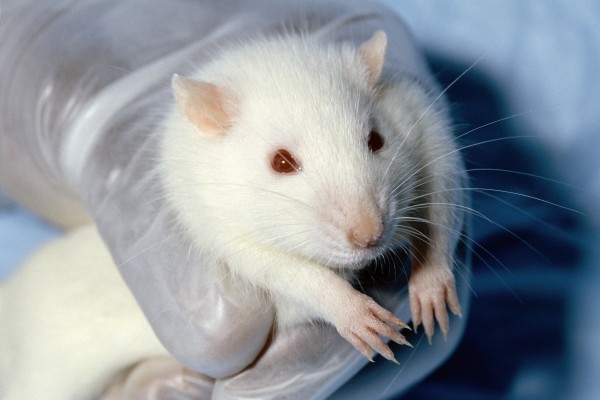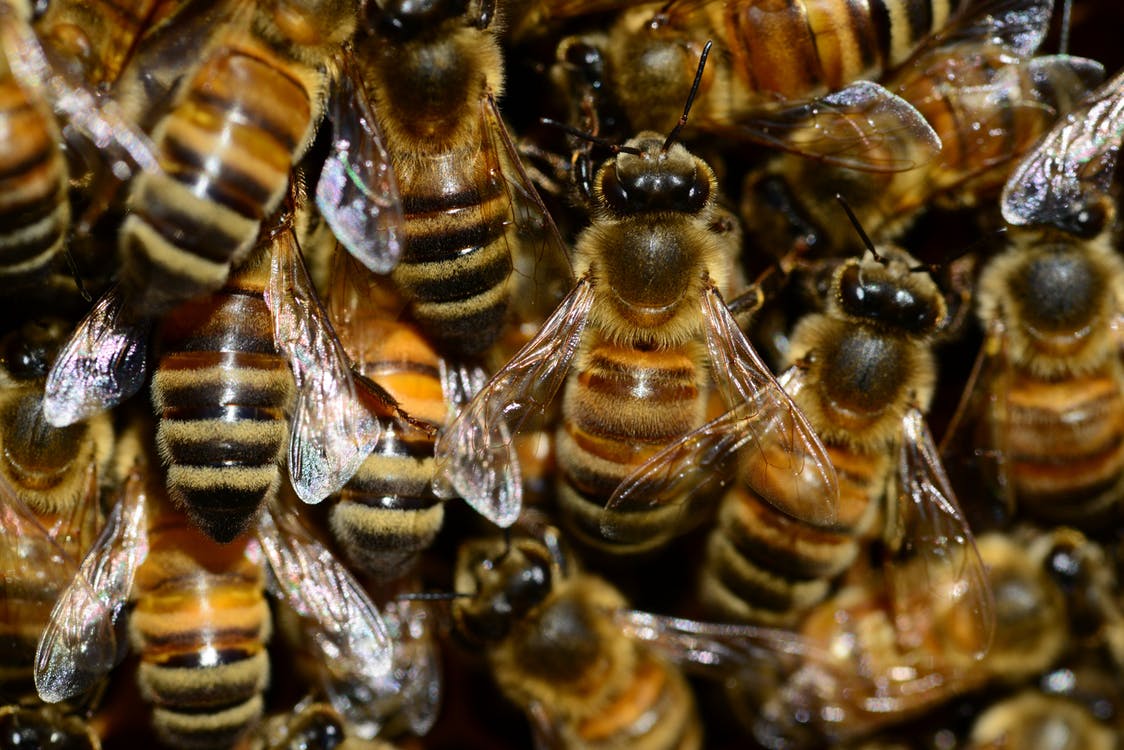
Retinoic acid which is a compound obtained in the body from vitamin A could help overcome colon cancer.
A new animal research implies that the retinoic acid which is a compound obtained in the body from vitamin A could have a significant role in overcoming colon cancer.
The senior study author Dr. Edgar Engleman also a professor of medicine and pathology at Stanford University School of Medicine in Palo Alto, Calif mentioned that the retinoic acid is known to suppress inflammation in the intestine.
When external intruders like bacteria wind up in the intestines, the immune system prepares to crush them. Most of the times, inflammation — which results from the discharge of chemicals from damaged cells leading to swelling — results. Cancers including colorectal cancer are influenced by these inflammations. Moreover, inflammatory bowel disease, like ulcerative colitis, has been correlated with colon cancer.
Engleman wanted to determine whether and how retinoic acid levels instantly affect cancer spread.
The researchers discovered that mice with colon cancer had lower levels of retinoic acid in the intestines. The study also showed that in humans, colon cancer victims who had raised levels of a protein that degrades retinoic acid in their intestinal tissue led to having worse results than other patients.
Researchers tried to find out if taking the levels of retinoic acid in the tissue close to a more normal range could influence the disease progression. Engleman mentioned that when they supplied the animal with retinoic acid they were capable to dramatically decrease the tumor burden in the animals. Like expected, when they started inhibiting retinoic acid activity meaningfully enhanced the tumor burden.
The research is the primary to explain an intricate dance between immune-related inflammation, retinoic acid levels, and gut microorganisms.
The researchers then examined the levels of the synthesis and degradation proteins in collected samples of intestinal tissue taken from individuals with either ulcerative colitis or colorectal cancer linked with ulcerative colitis. However, it was not plausible to directly estimate the retinoic acid levels in the human tissues because the samples weren’t freshly obtained but stored.
It seems that the study conclusions pointed out new ways to treat or prevent colon cancer. However, the animal experimentation doesn’t always provide the same effects in humans.
After discovering a role for retinoic acid insufficiency in colorectal cancer, scientists would like to name the specific microorganisms that started these changes in humans.
Image source: Wikipedia
Latest posts by Karen Jackson (see all)
- Intoxicated South Carolina Man Punches Waitress Who Refused to Serve Him Alcohol - June 29, 2018
- Restaurant Manager Arrested and Charged in Shooting Death of Co-Worker over Negative Yelp Reviews - June 20, 2018
- Minnesota Teen Gets Head Stuck In Oversized Tailpipe Winstock Music Festival - June 18, 2018









